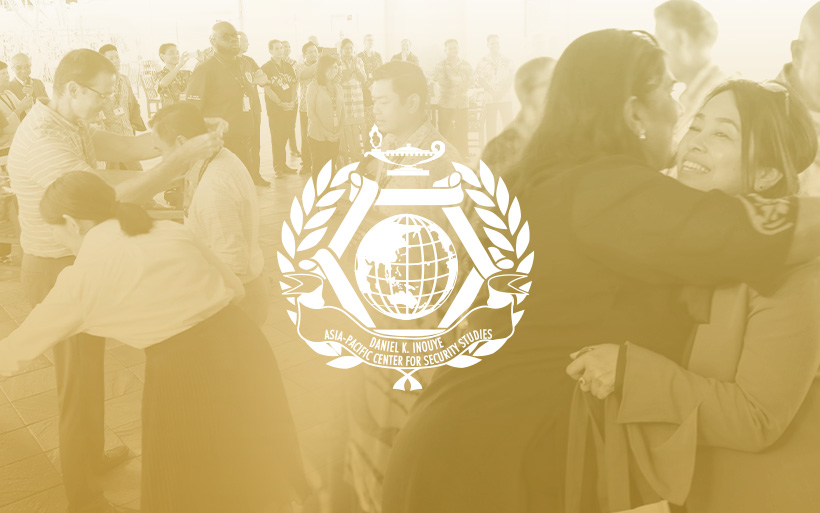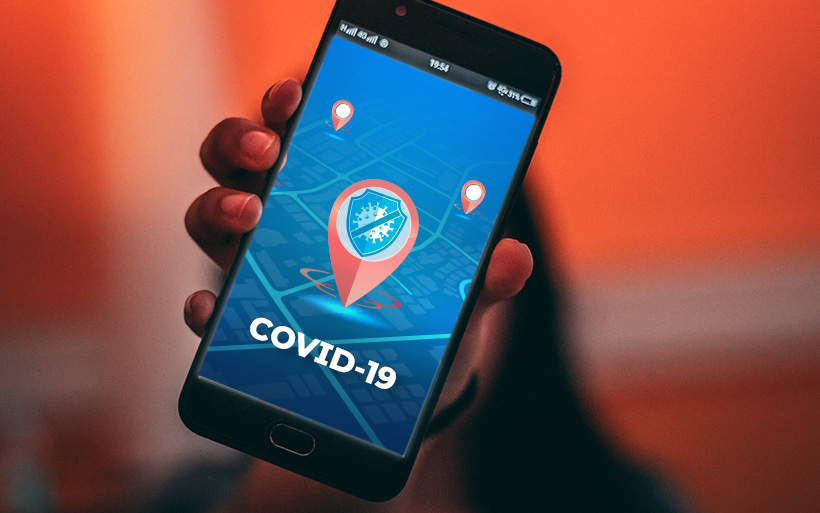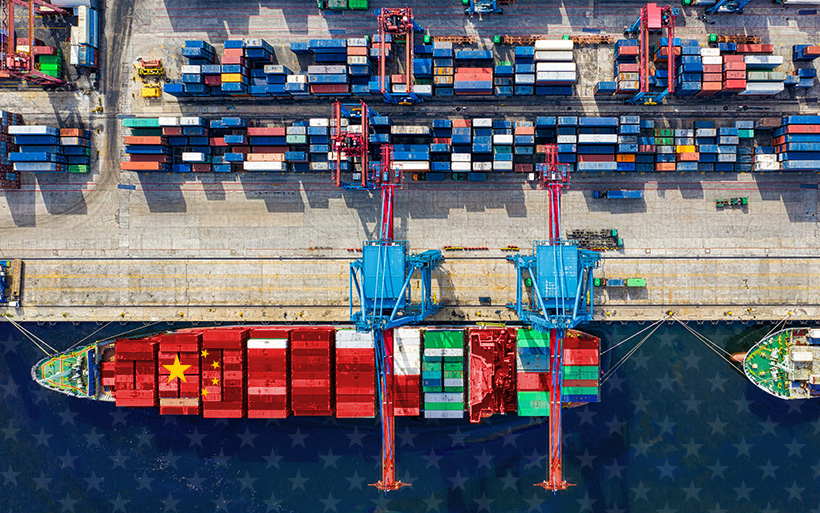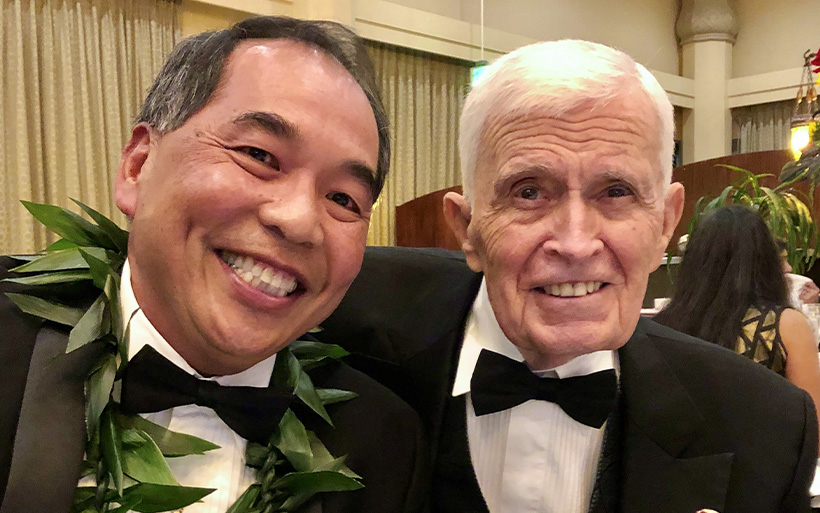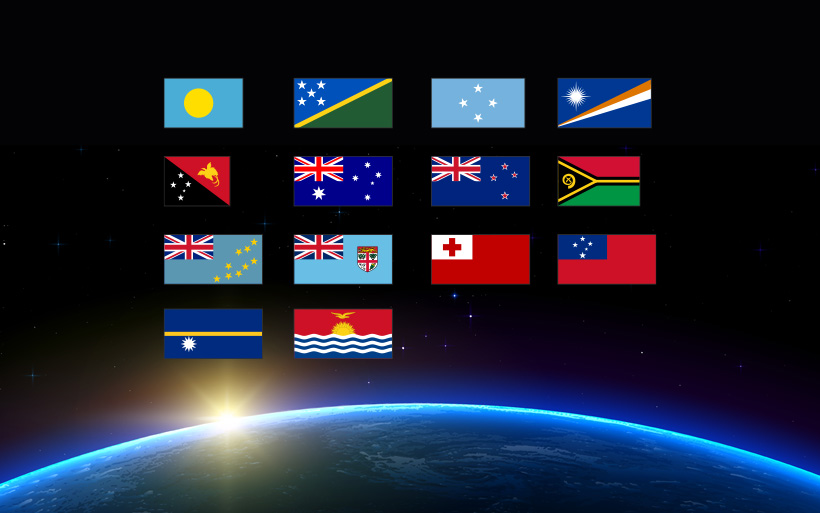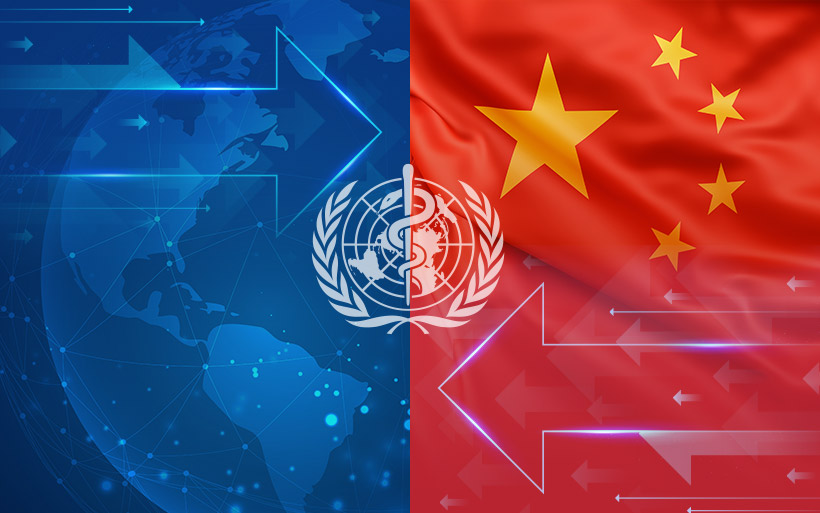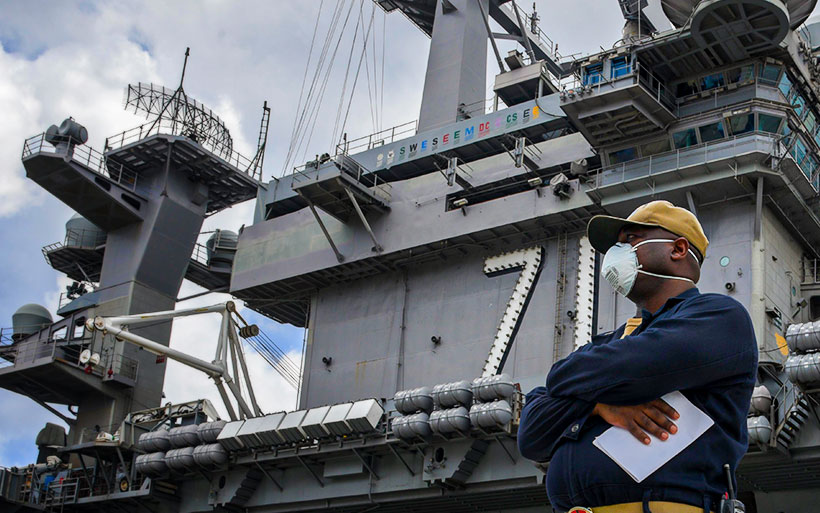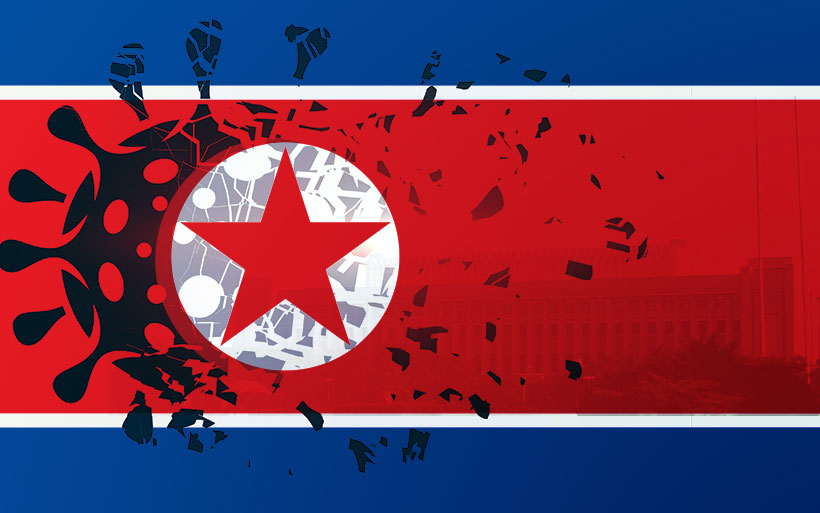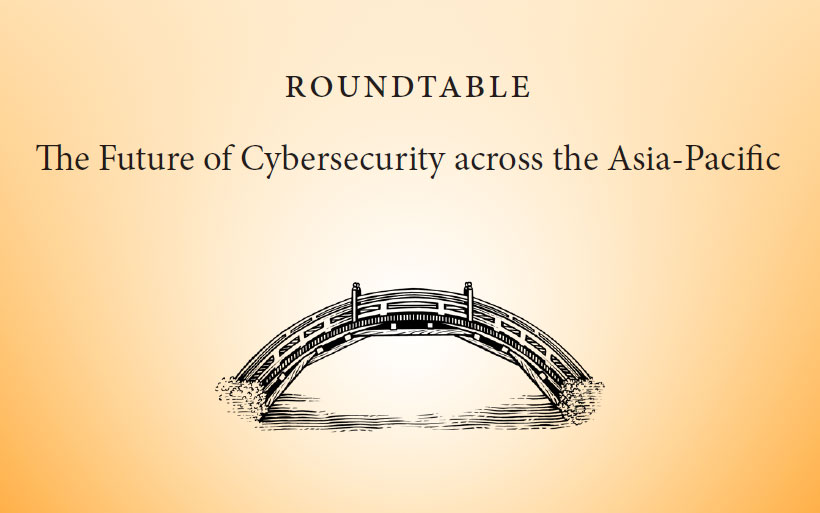DKI APCSS achieves candidate status for accreditation
The Daniel K. Inouye Asia-Pacific Center for Security Studies is a Candidate for Accreditation with the Commission of the Council on Occupational Education. The Council on Occupational Education is a U.S. Department of Education recognized national accrediting body. Accreditation is a rigorous process of self- and peer-review for improvement of academic quality and public accountability. Contact information for the Commission is as follows: Council on Occupational Education, 7840 Roswell Road, Building 300, Suite 325, Atlanta, GA 30350, Telephone: 770-396-3898 / FAX 770-396-3790. Persons wishing to make comments should write the Council. Persons making comments must provide their name and mailing address. [...]


